
Building a community
Led by Oxford, the hub network consists of six academic institutions spanning the UK, bringing together leading researchers in mathematics, algorithms, and computing. The research programme aims to remove barriers between fields and unify a diverse cohort, exploiting tools from currently underexplored mathematical fields to understand and advance AI. The hub also aims to attract theoreticians to new problems and applications in AI in both scientific and industrial settings.
The work of the hub aims to bring a transformative cross-fertilisation of expertise and ideas, forming new interdisciplinary partnerships, and establishing long-term capability that will underpin the future of AI and the UK’s AI ecosystem. It will engage mathematicians across a range of fields as it opens a gateway to new problems, applications, opportunities, and collaborations. It will also support and influence research in machine learning and AI, offering an influx of new expertise, ideas, and tools. Our partnerships with industry leaders will also forge unique commercial links and advance the expertise and application of mathematics in AI across the economy and society.
Comprising six nodes at universities across the UK, the hub is headed by Professor Michael Bronstein at the University of Oxford, Dr Anthea Monod at Imperial College London, and Professor Jeffrey Giansiracusa at Durham University. The team will head an ambitious research programme, driven forward by a diverse cohort of Postdoctoral Research Associates (PDRAs) and PhD students across the hub network.
Meet our team
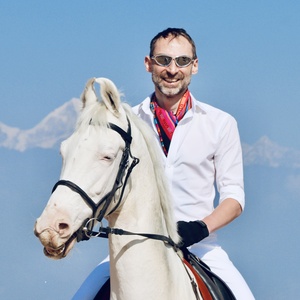
Prof Michael Bronstein
Hub Co-Director, Principal Investigator
University of Oxford
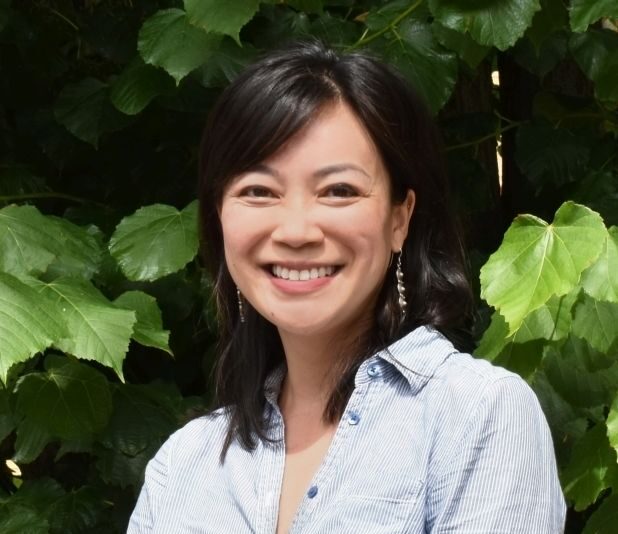
Dr Anthea Monod
Hub Co-Director, Imperial Lead
Imperial College London
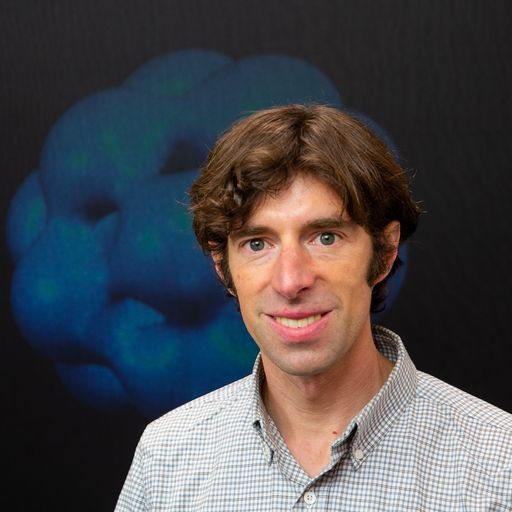
Prof Jeffrey Giansiracusa
Hub Co-Director, Durham Lead
Durham University
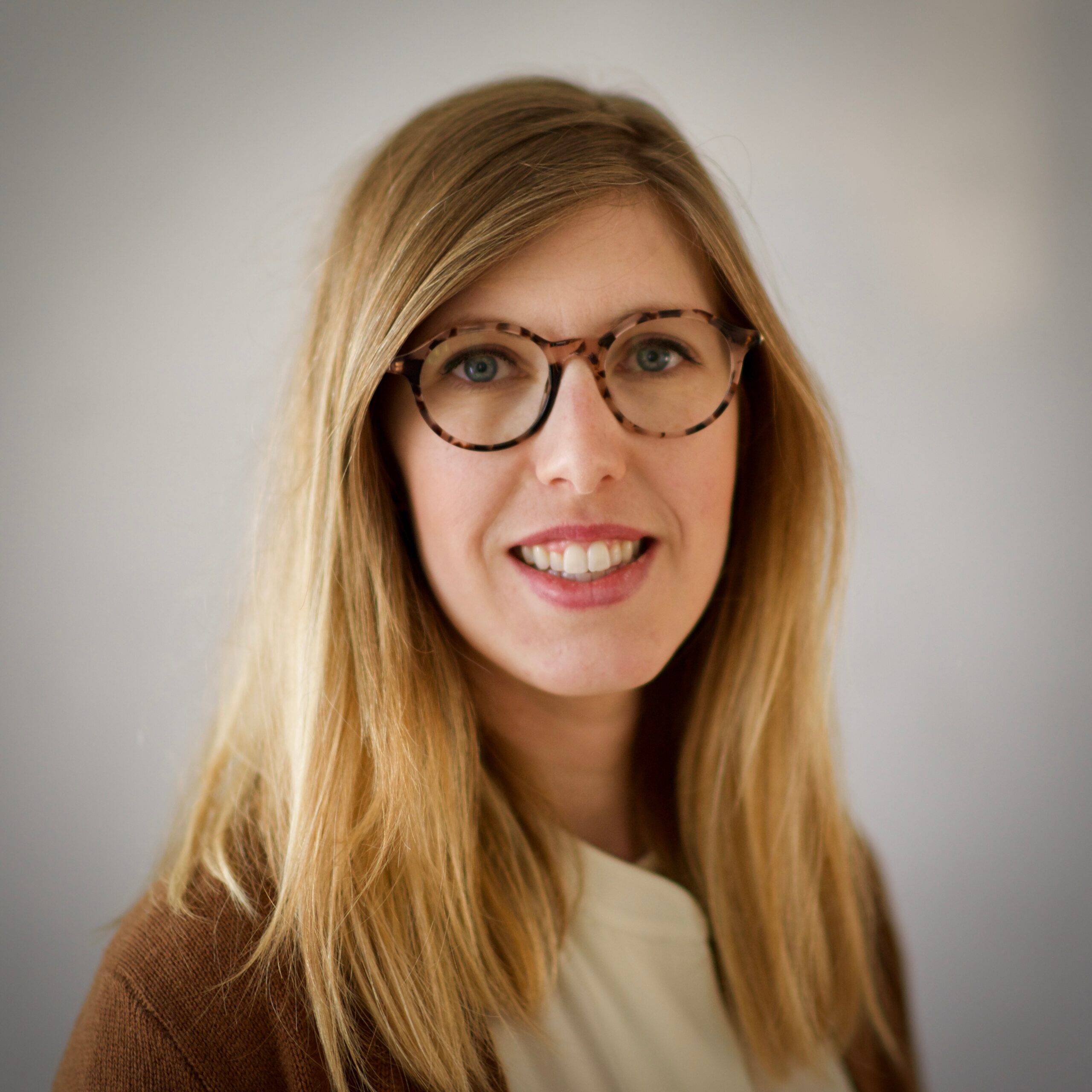
Prof Heather Harrington
Co-Investigator, Oxford Lead
University of Oxford
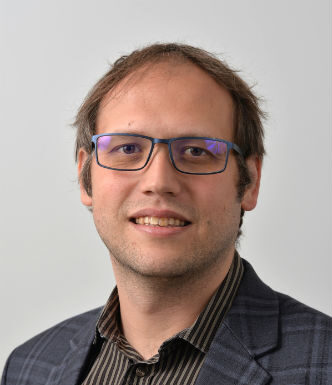
Prof Primoz Skraba
Co-Investigator, QMUL Lead
Queen Mary University of London

Prof Jacek Brodzki
Co-Investigator, Southampton Lead
University of Southampton

Prof Ran Levi
Co-Investigator, Aberdeen Lead
University of Aberdeen
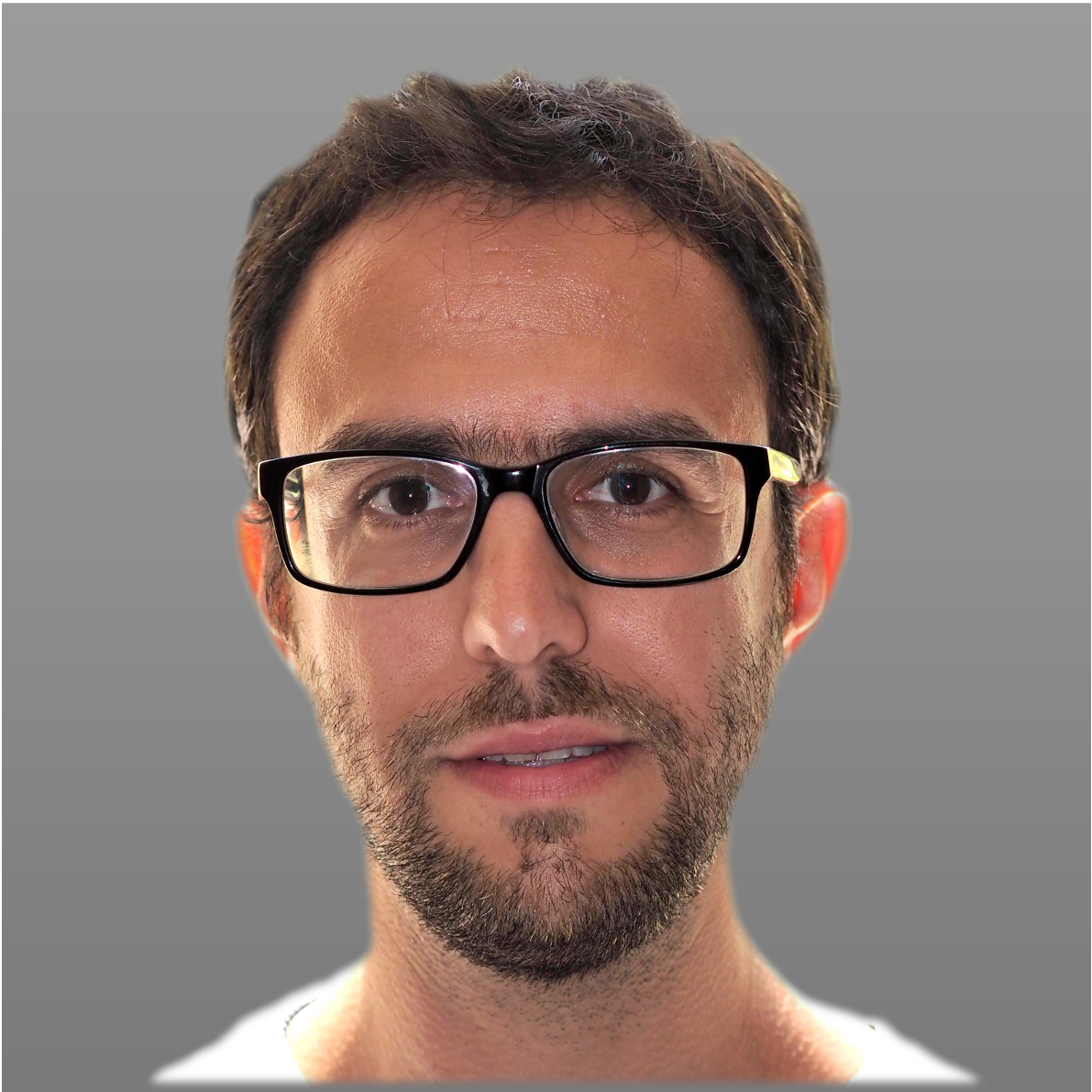
Prof Omer Bobrowski
Co-Investigator, Theme A Lead
Queen Mary University of London
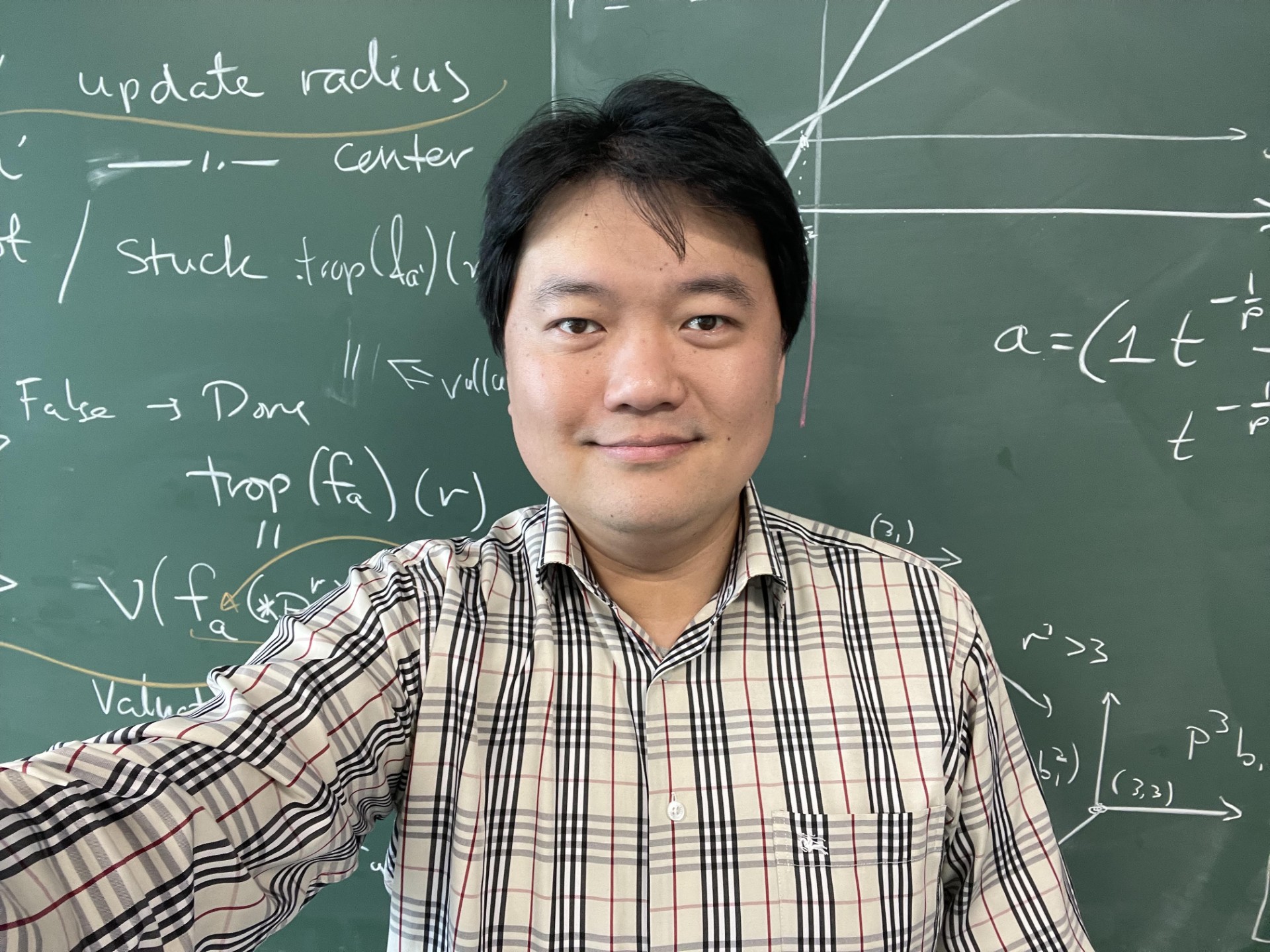
Dr Yue Ren
Co-Investigator, Theme B Lead
Durham University

Prof Jared Tanner
Co-Investigator, Theme C Lead
University of Oxford
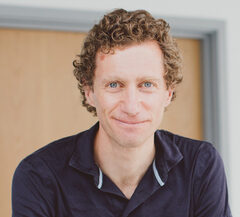
Prof Alessandro Abate
Co-Investigator, Theme D Lead
University of Oxford
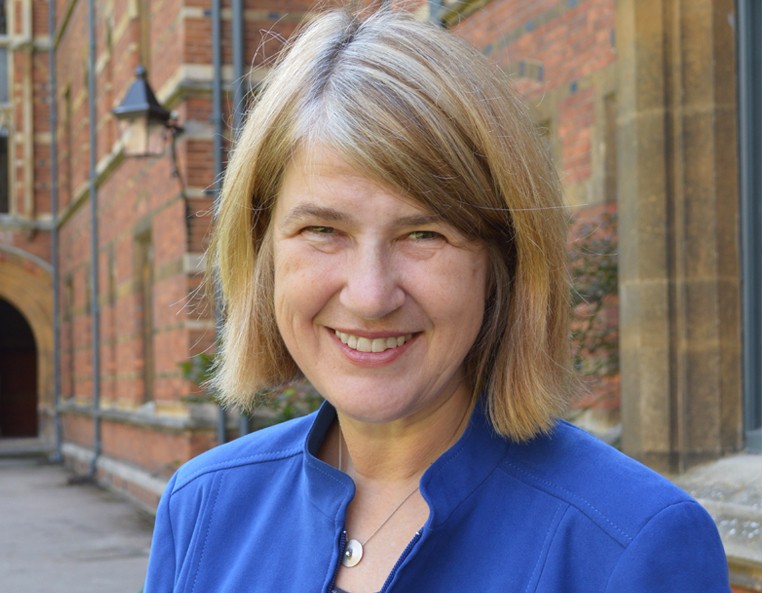
Prof Gesine Reinert
Co-Investigator, Oxford Statistics Lead
University of Oxford

Prof Peter Grindrod
Co-Investigator, Industry Engagement Lead
University of Oxford
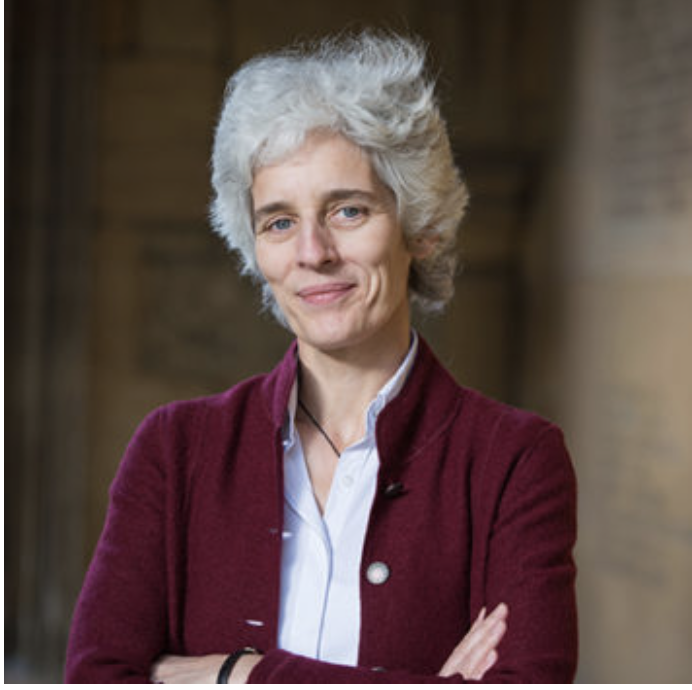
Prof Ulrike Tillmann
Co-Investigator, Theme A Deputy Lead
University of Oxford

Prof Coralia Cartis
Co-Investigator, Theme B Deputy Lead
University of Oxford
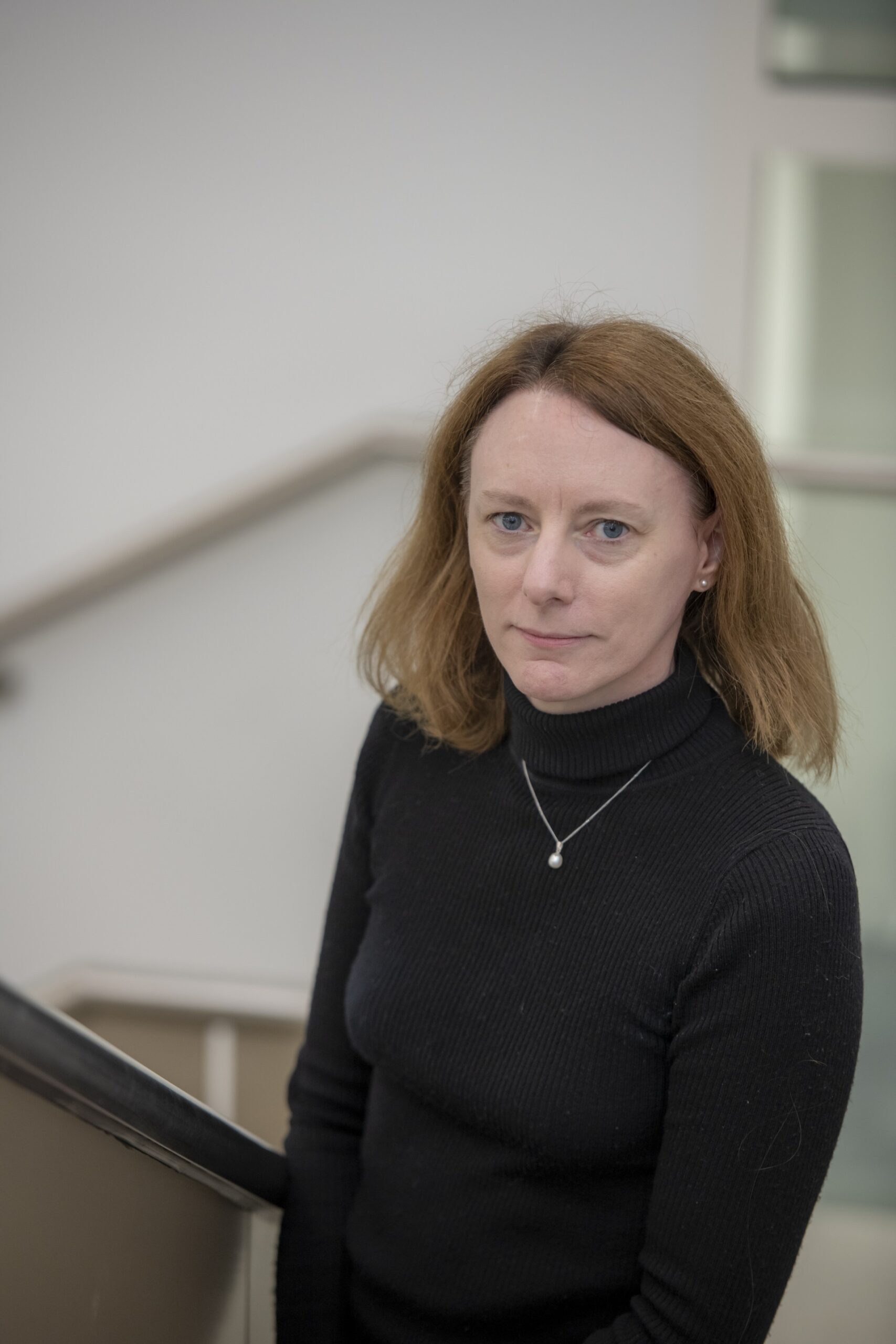
Prof Marika Taylor
Co-Investigator, Theme C Deputy Lead
University of Southampton
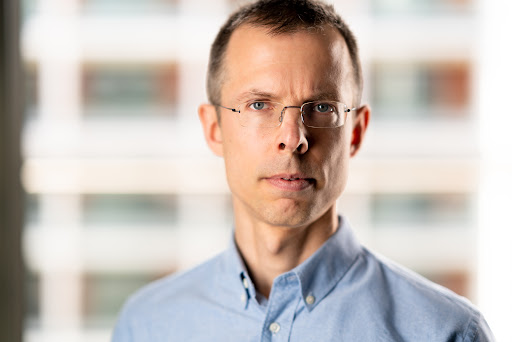
Prof Tom Coates
Co-Investigator, Theme D Deputy Lead
Imperial College London

Prof Sam Cohen
Co-Investigator
University of Oxford

Prof Giuseppe De Giacomo
Co-Investigator
University of Oxford
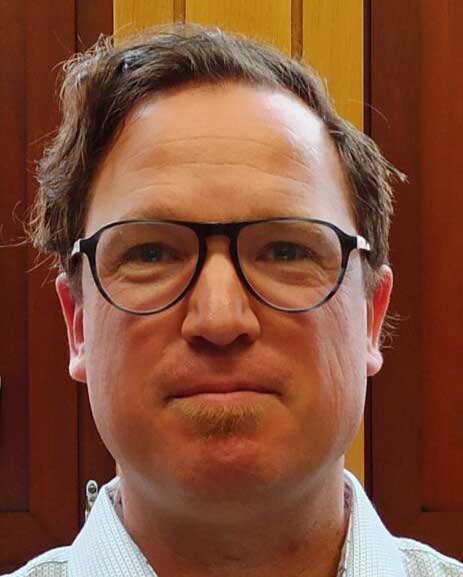
Dr Haim Dubossarsky
Co-Investigator
Queen Mary University of London

Prof Varun Kanade
Co-Investigator
University of Oxford
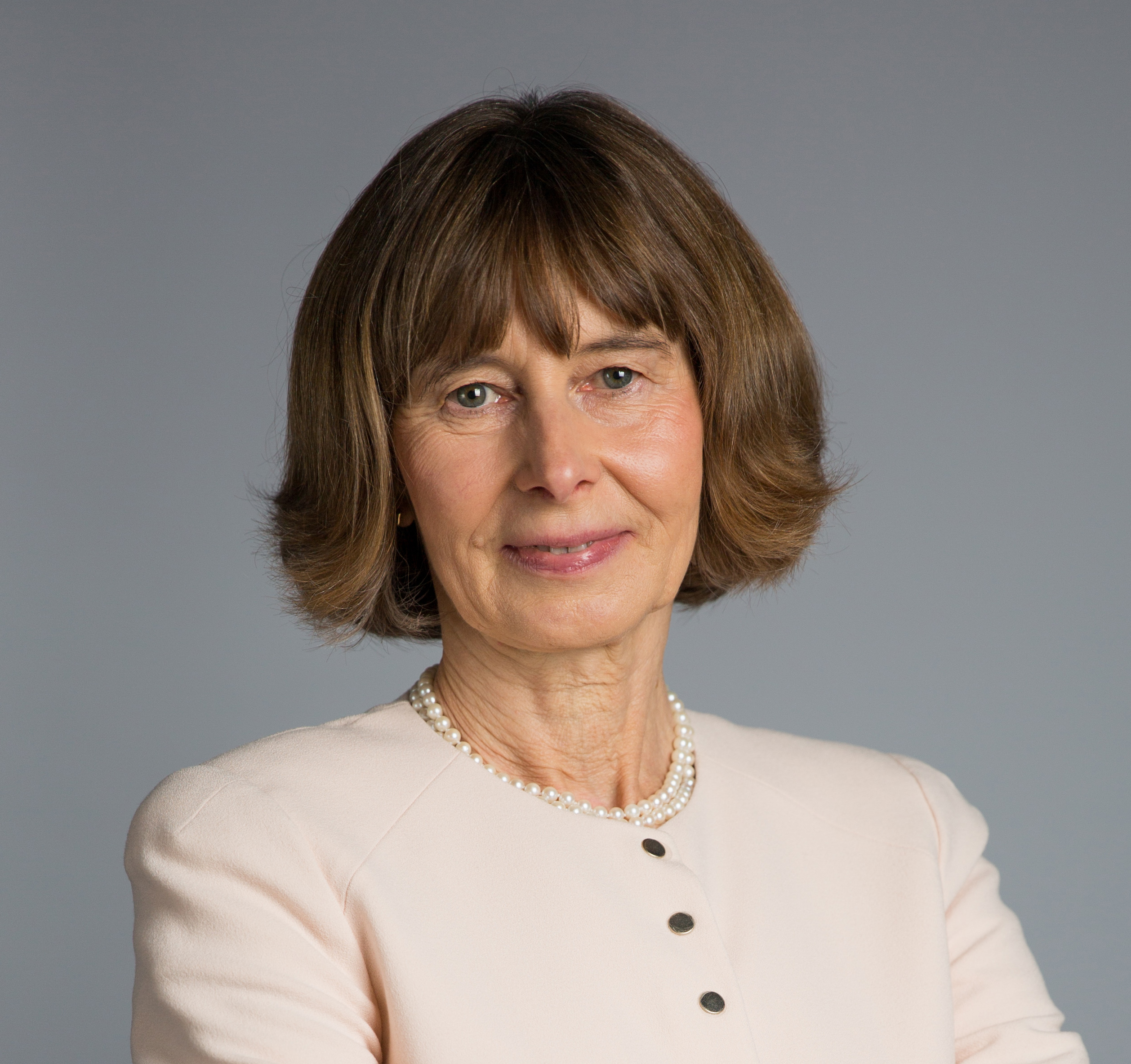
Prof Marta Kwiatkowska
Co-Investigator
University of Oxford
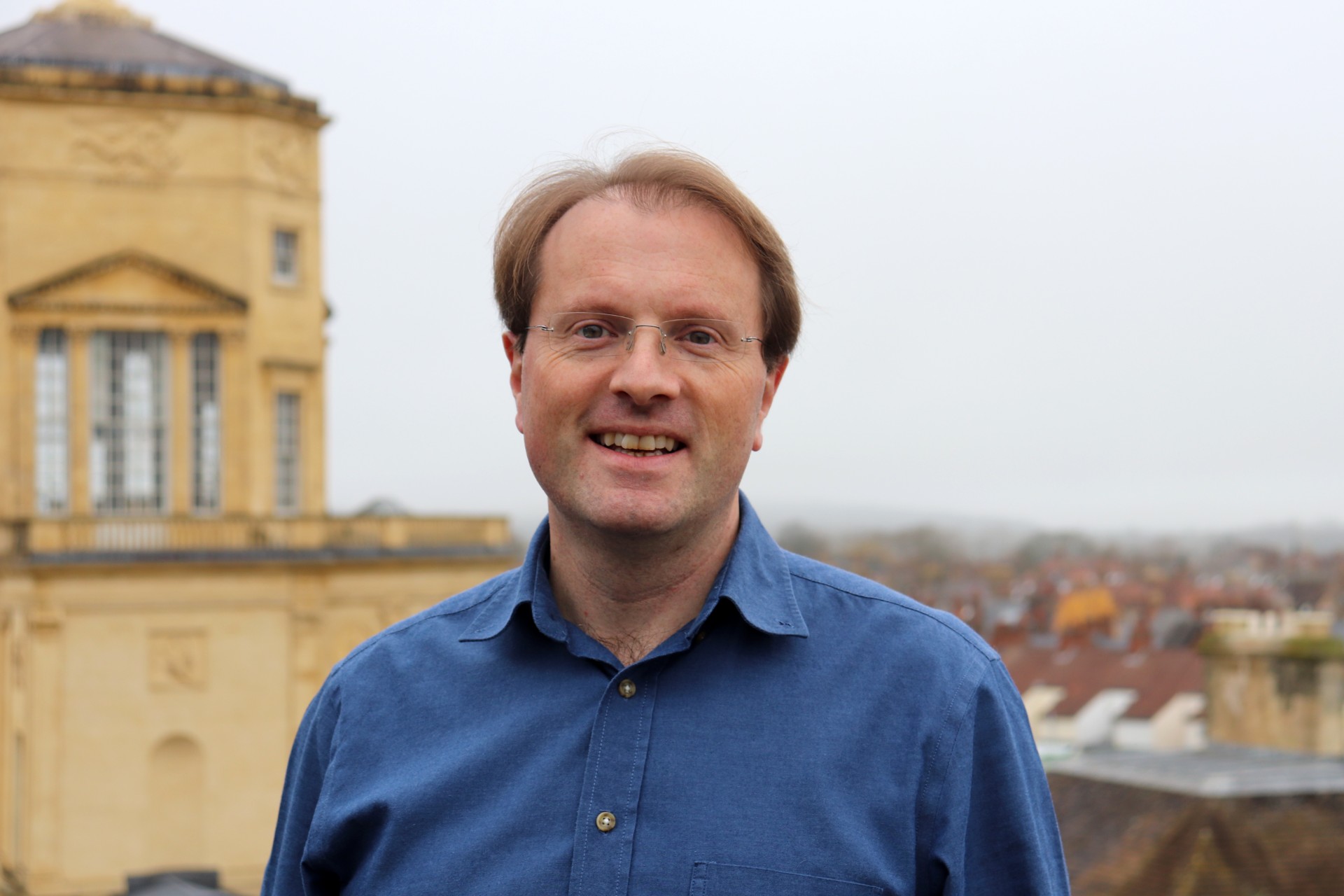
Prof Marc Lackenby
Co-Investigator
University of Oxford
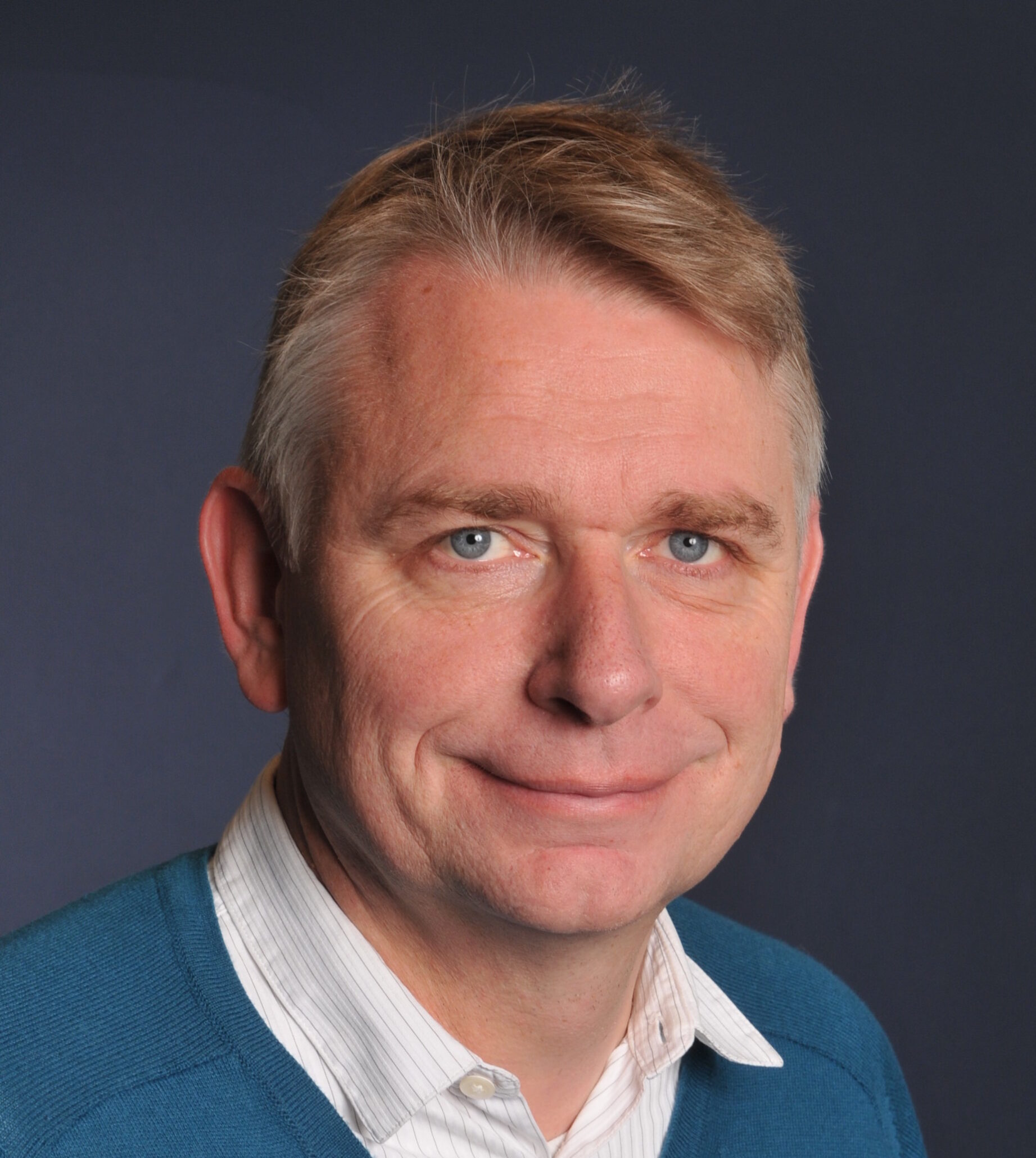
Prof Jeroen Lamb
Co-Investigator
Imperial College London
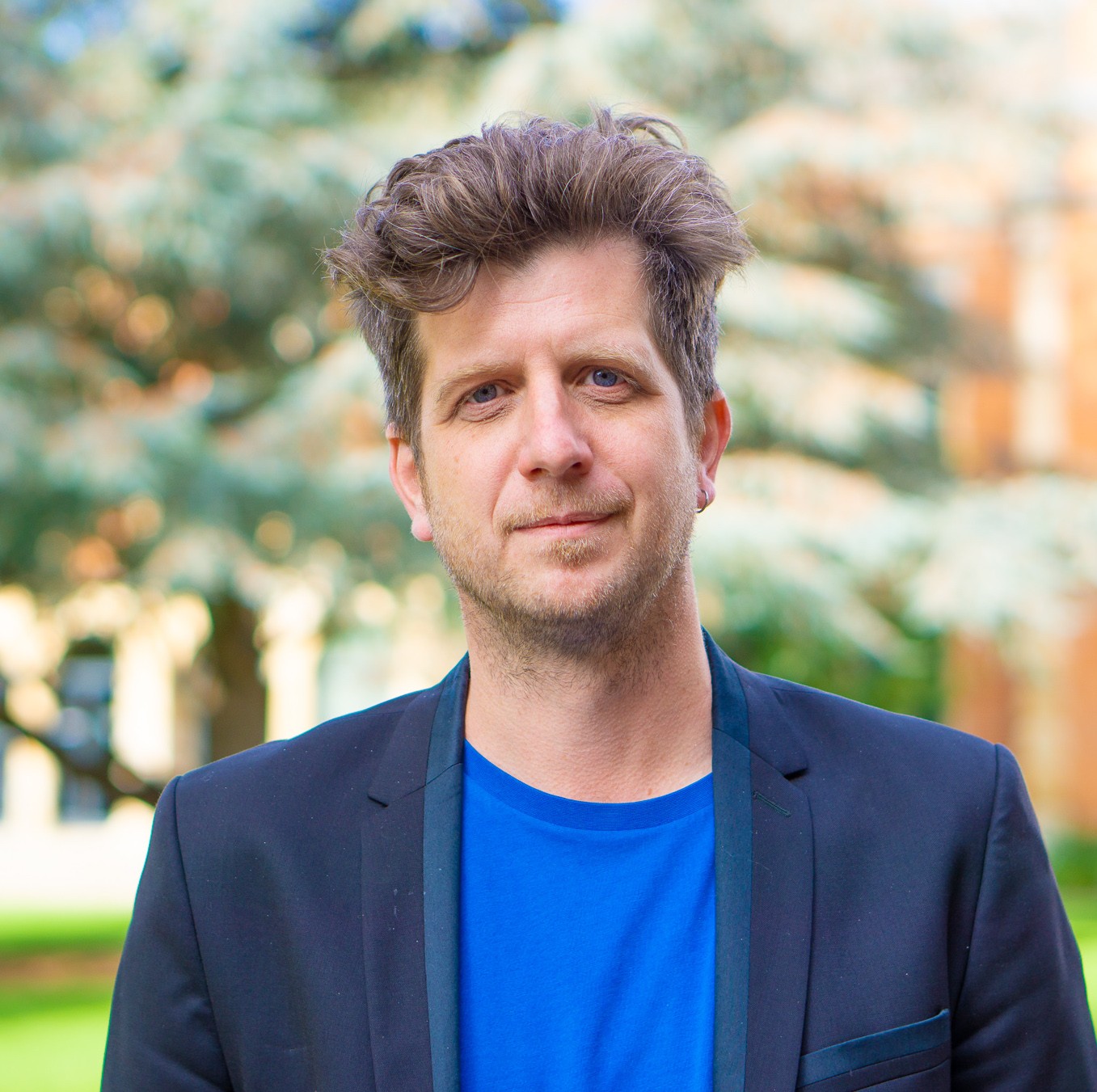
Prof Renaud Lambiotte
Co-Investigator
University of Oxford
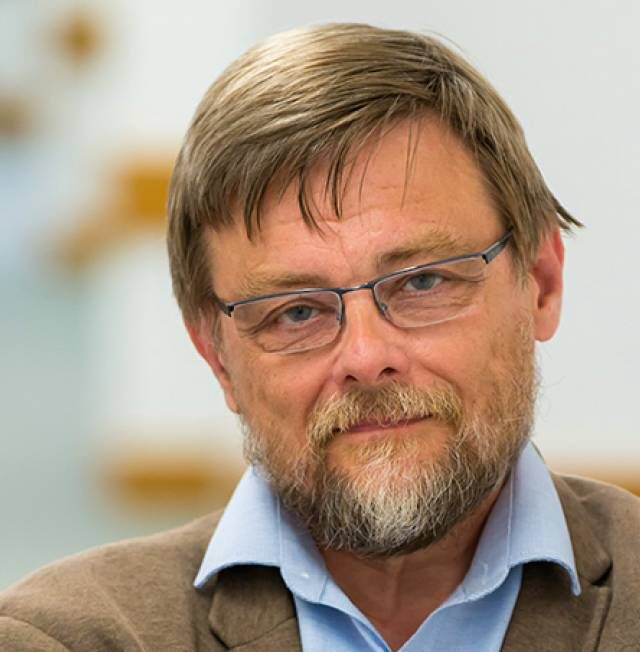
Prof Terry Lyons
Co-Investigator
University of Oxford
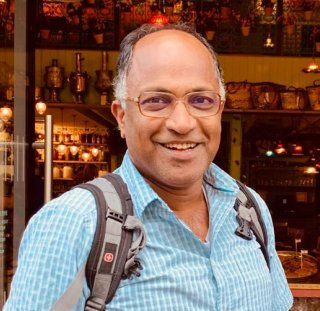
Prof Mahesan Niranjan
Co-Investigator
University of Southampton

Prof Harald Oberhauser
Co-Investigator
University of Oxford

Prof Dave Parker
Co-Investigator
University of Oxford
Oxford. His research is in formal verification, with a particular focus
on the analysis of probabilistic systems, and he leads the development of the widely used verification tools PRISM and PRISM-games. Dave’s current research interests include verification techniques for applications in AI and machine learning, including robust methods for quantifying uncertainty and game-theoretic approaches.
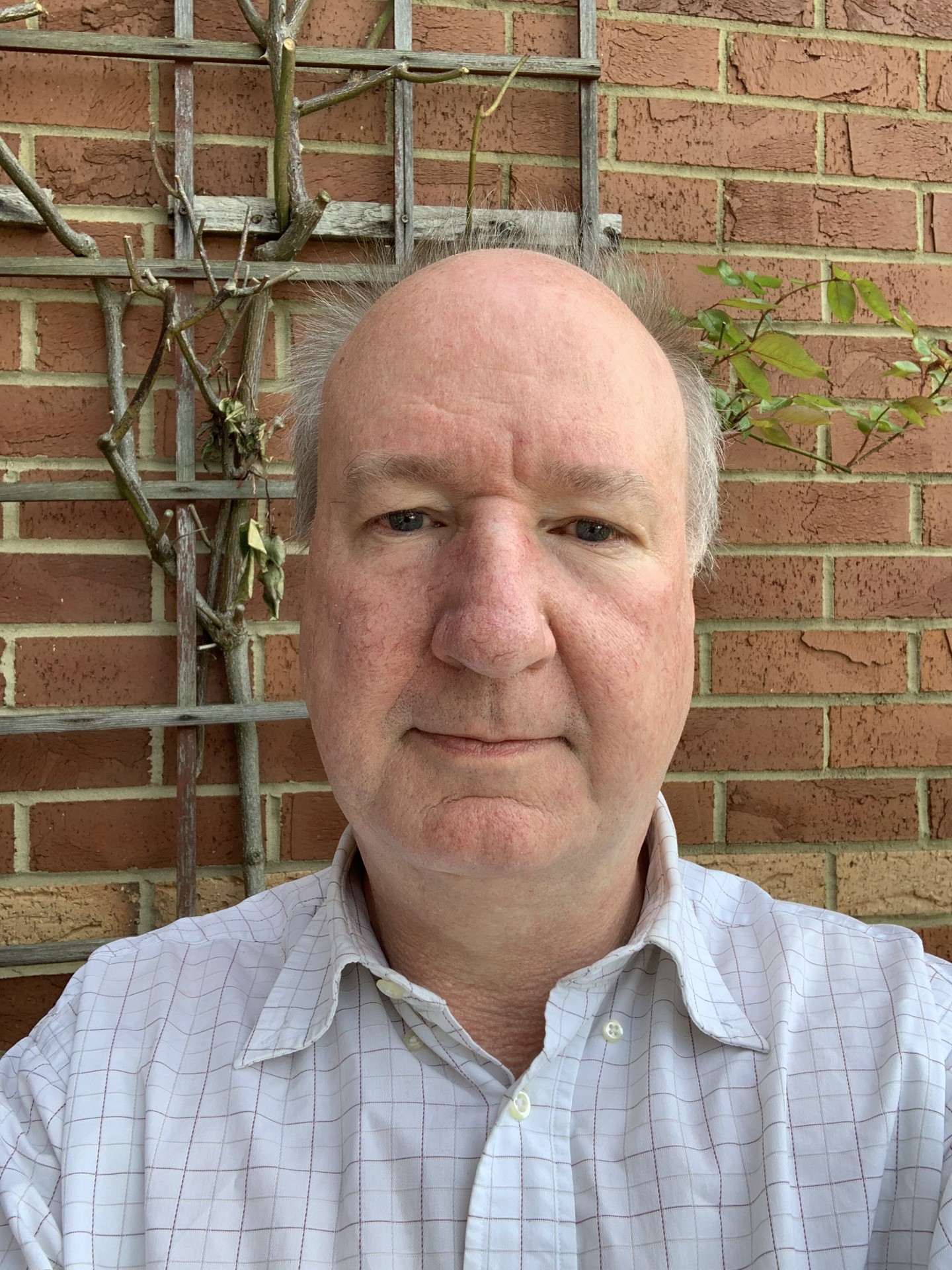
Prof Norbert Peyerimhoff
Co-Investigator
Durham University
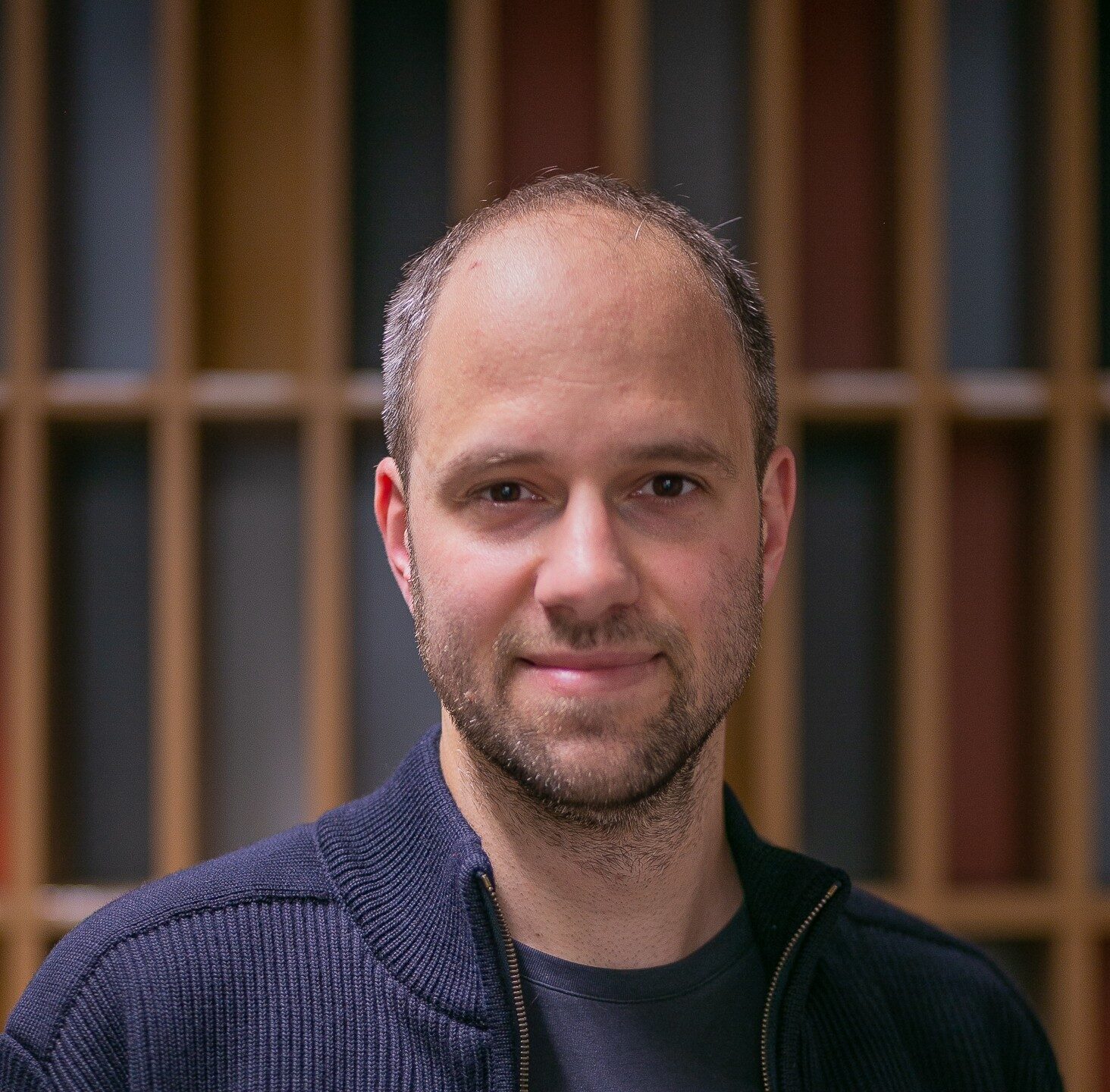
Prof Patrick Rebeschini
Co-Investigator
University of Oxford
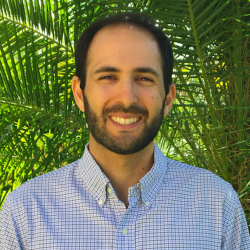
Prof Justin Sirignano
Co-Investigator
University of Oxford
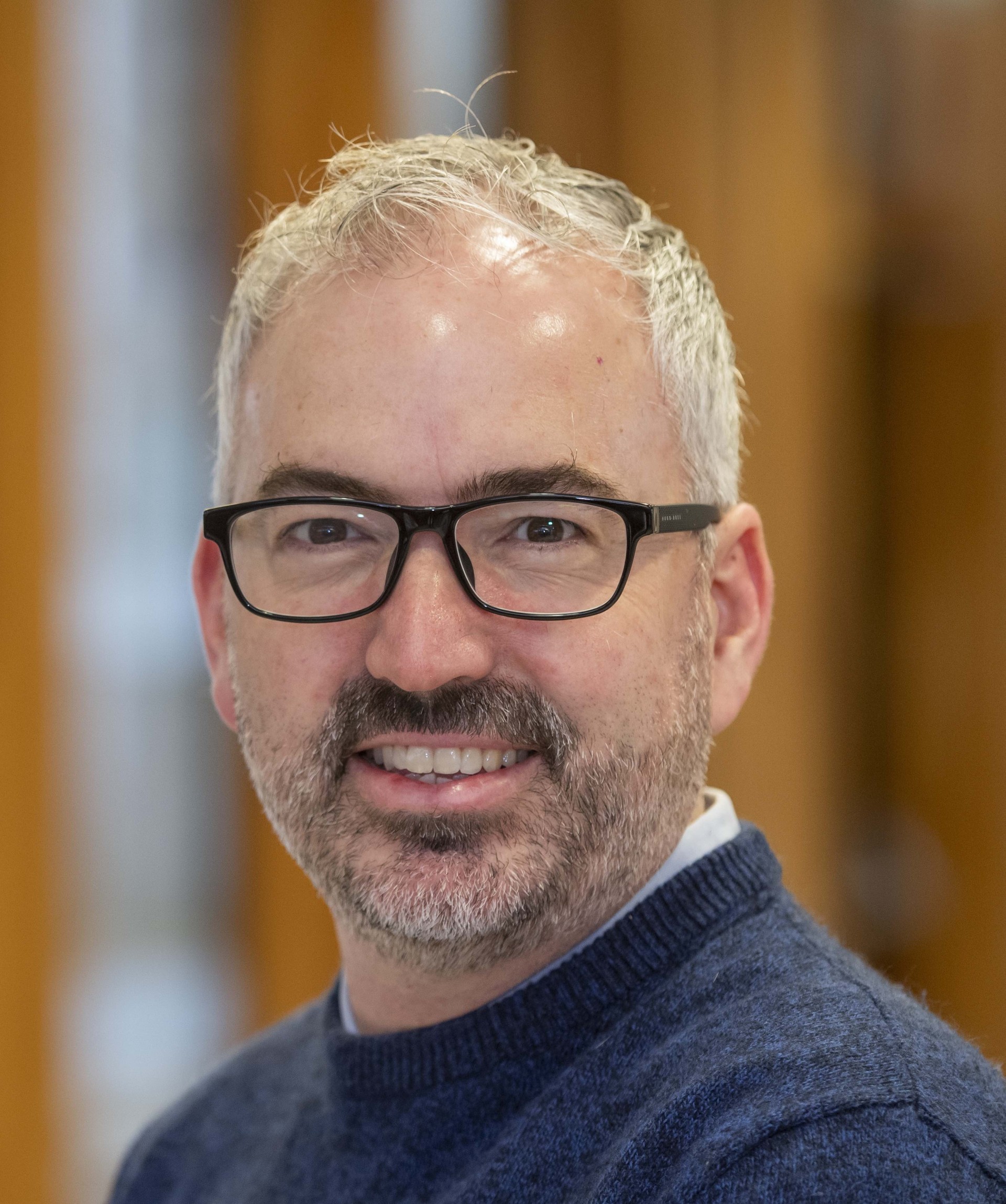
Dr Ruben Sánchez-García
Co-Investigator
University of Southampton
Postdoctoral Research Associates
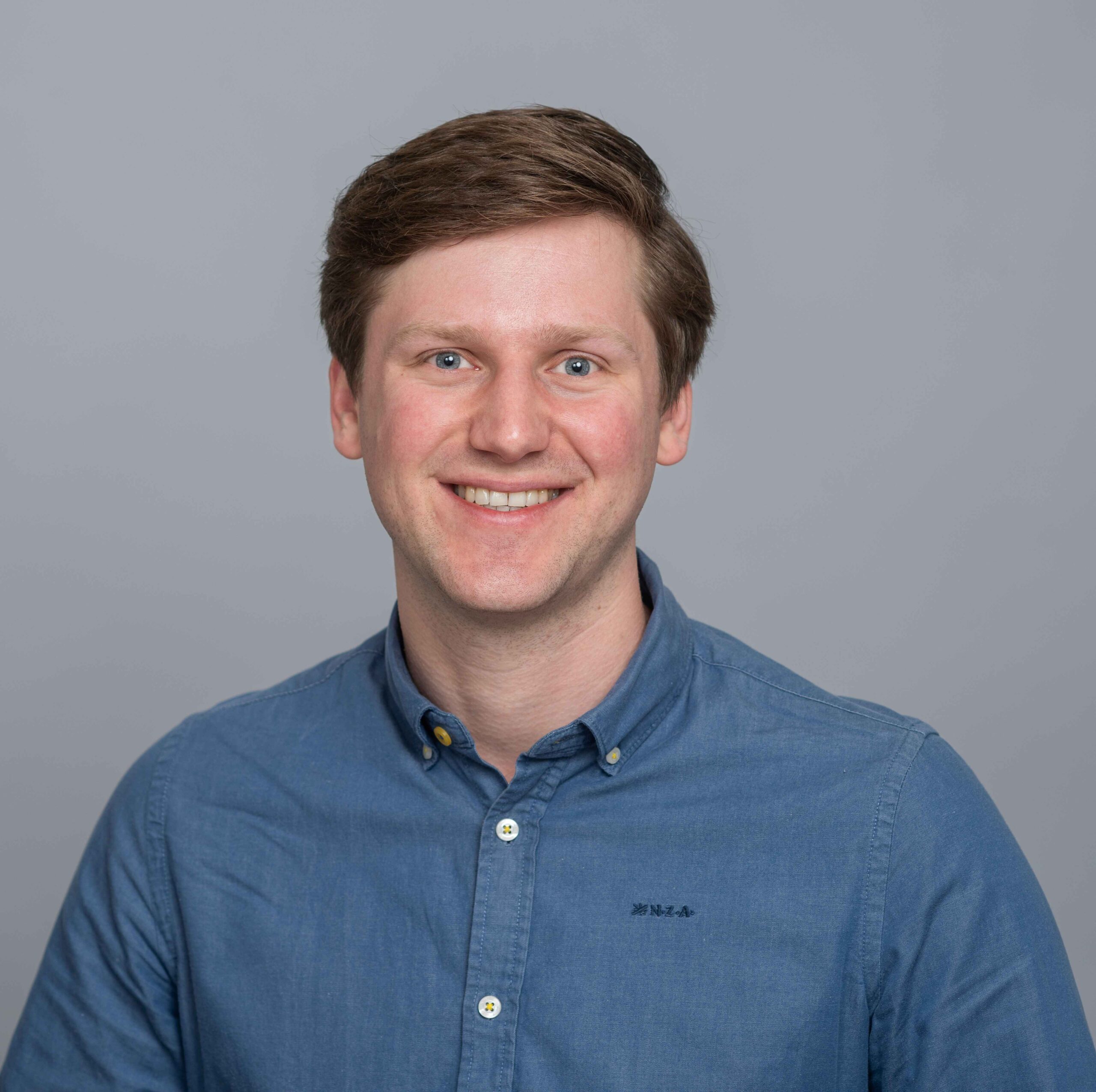
Dr Thom Badings
University of Oxford
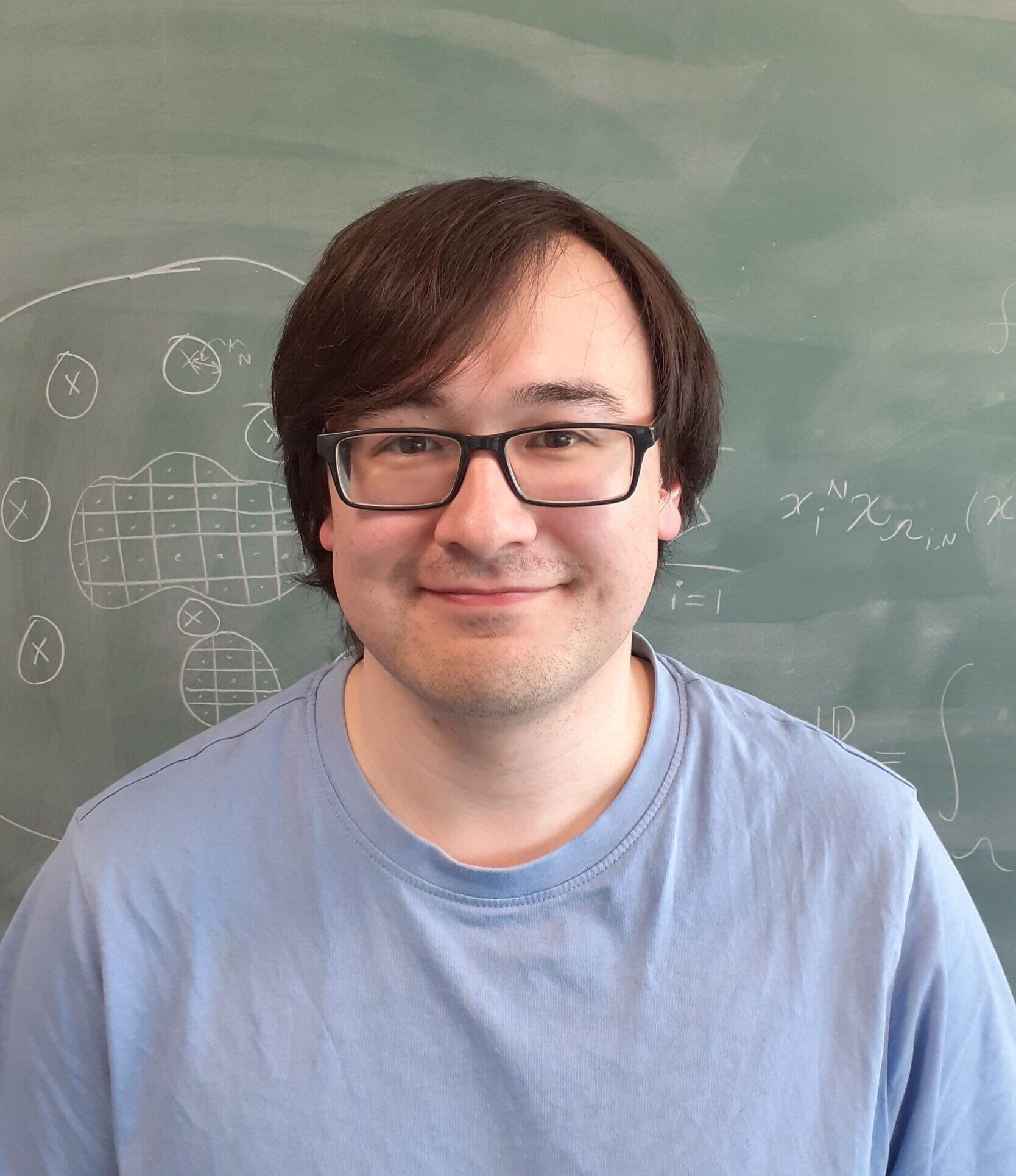
Dr Oliver Clarke
Durham University
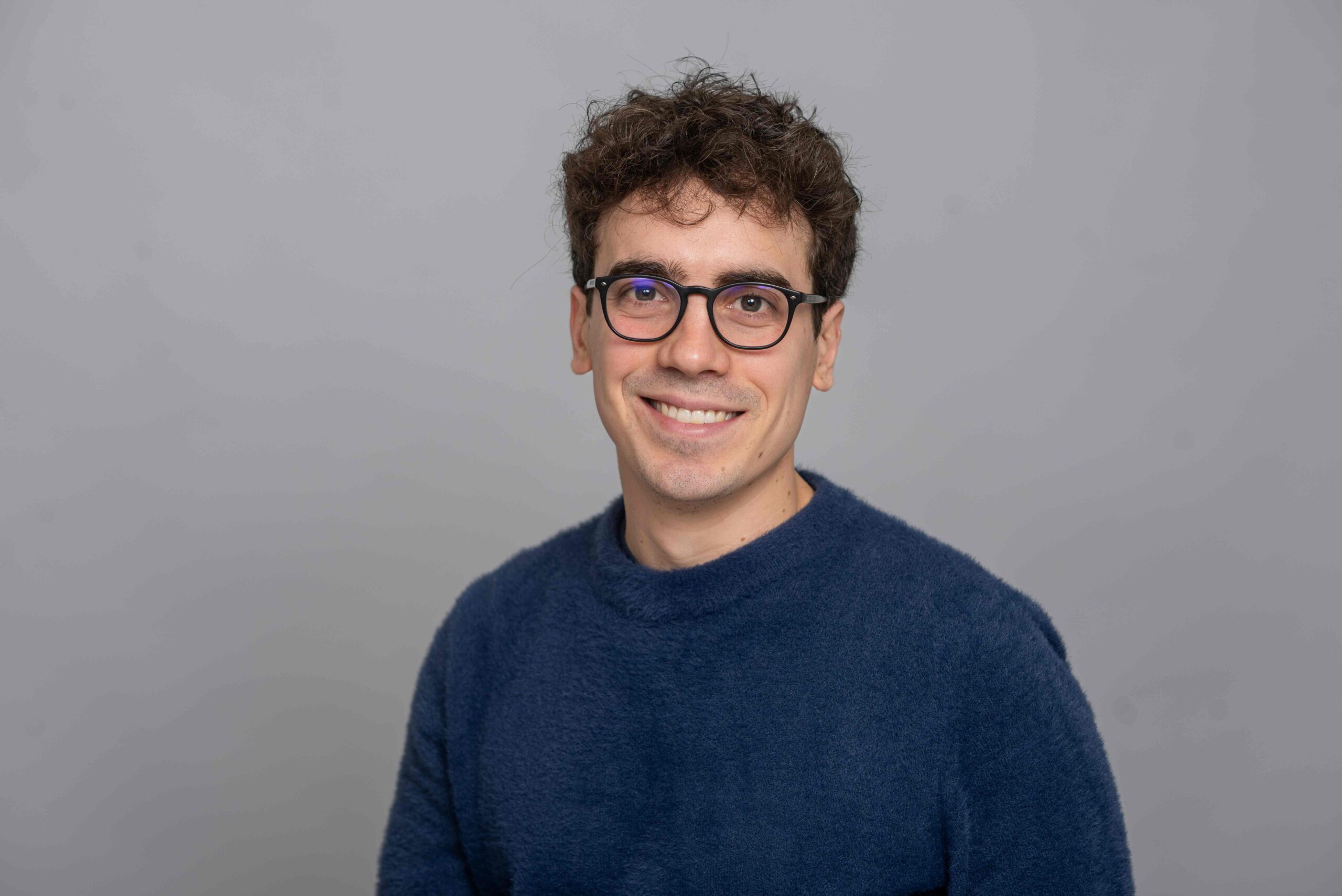
Dr Francesco Fabiano
University of Oxford
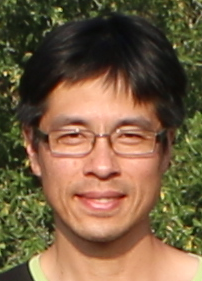
Dr Eng-Jon Ong
Queen Mary University of London

Dr Edward Pearce-Crump
Imperial College London
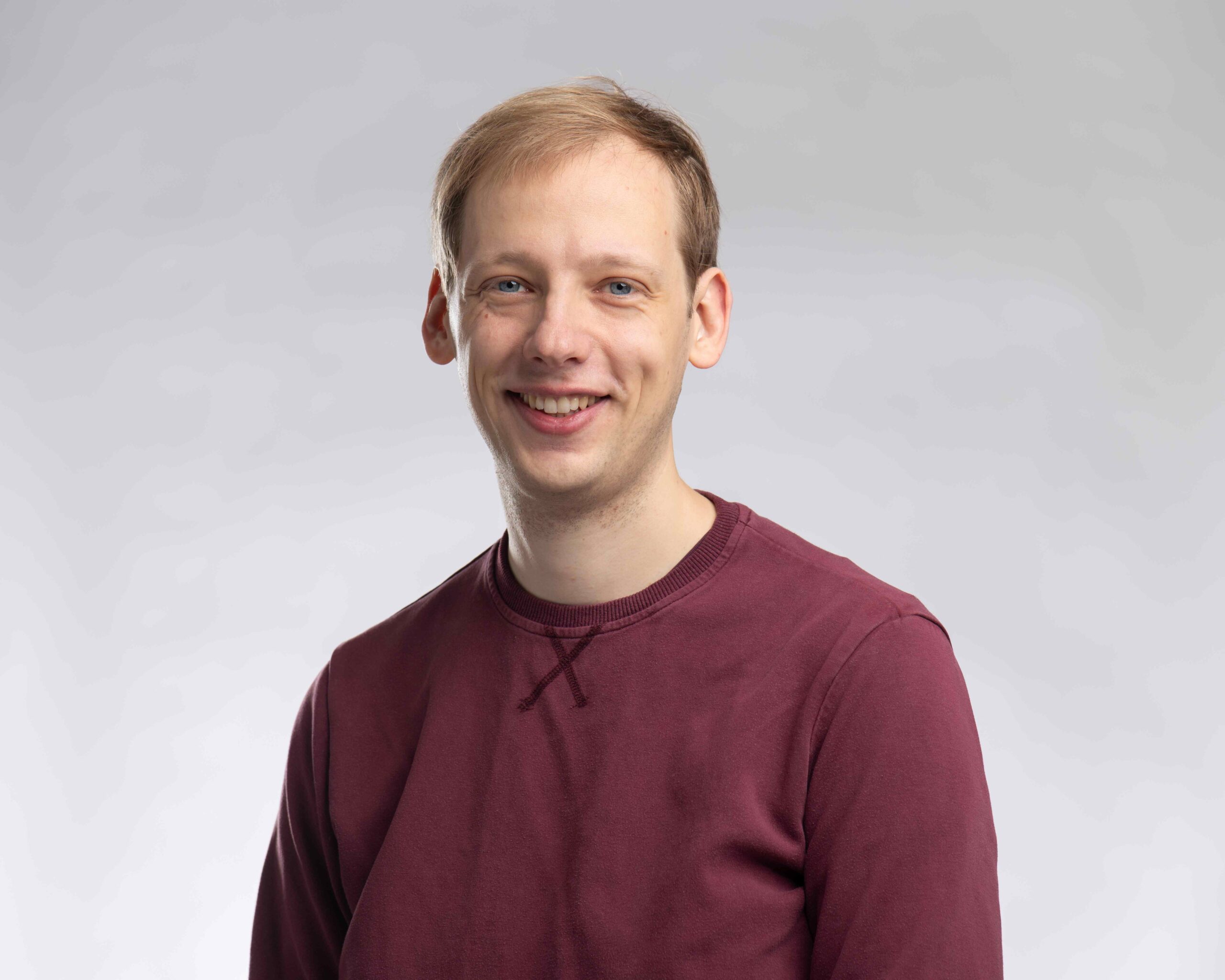
Dr Daniel Platt
Imperial College London

Dr Sara Veneziale
Imperial College London
PhD students
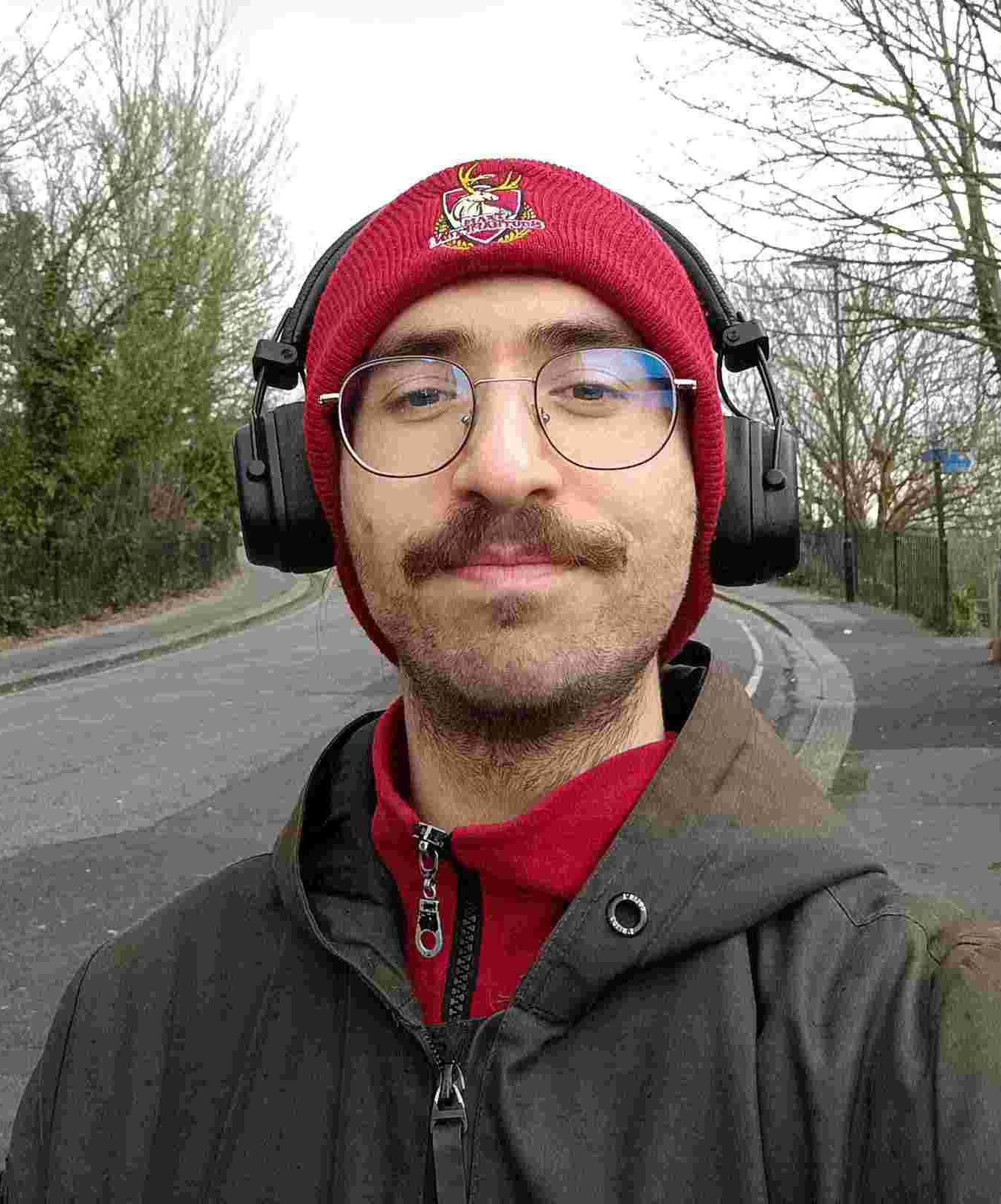
Ugur Canturk
University of Southampton
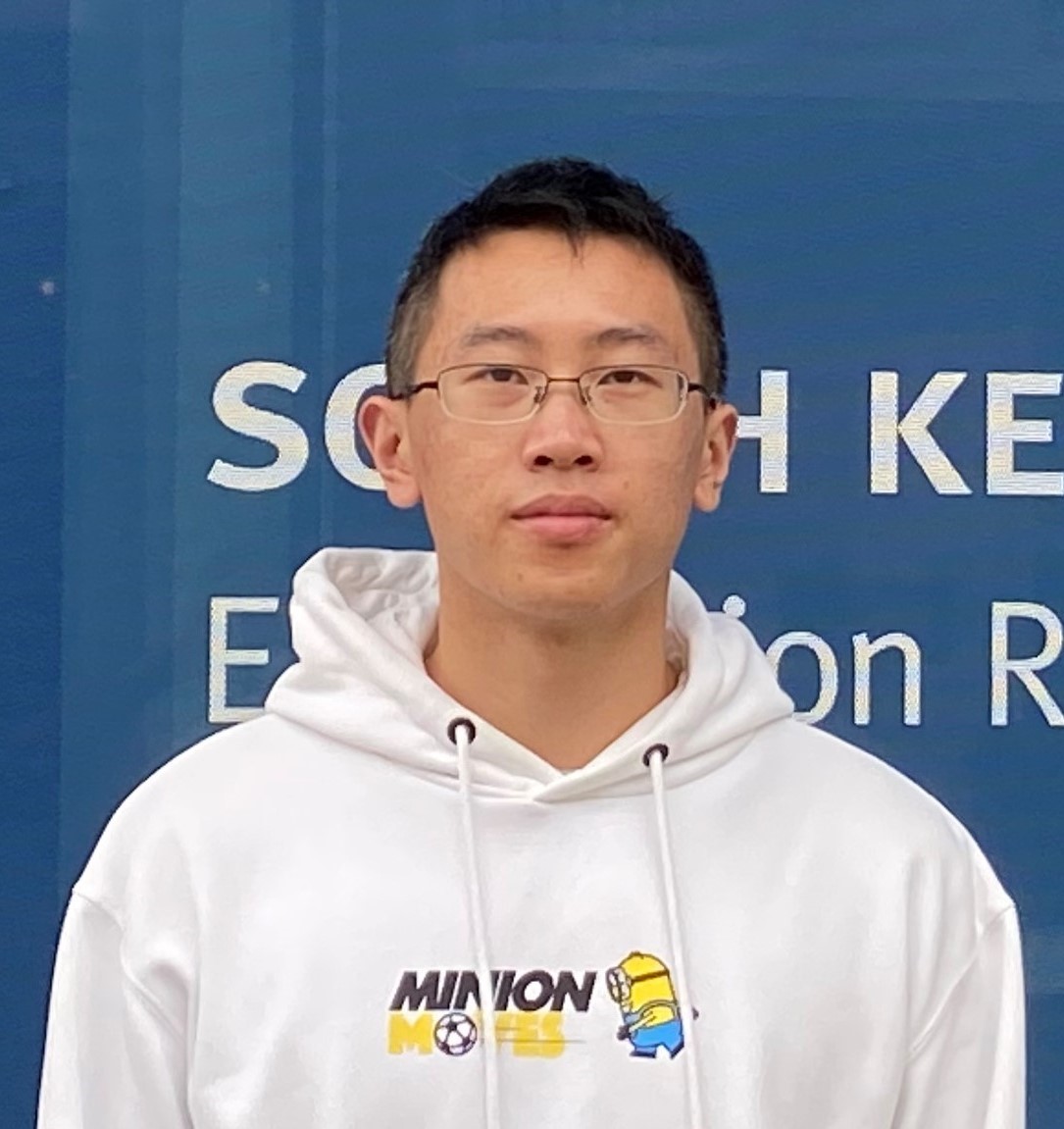
Yueqi Cao
Imperial College London
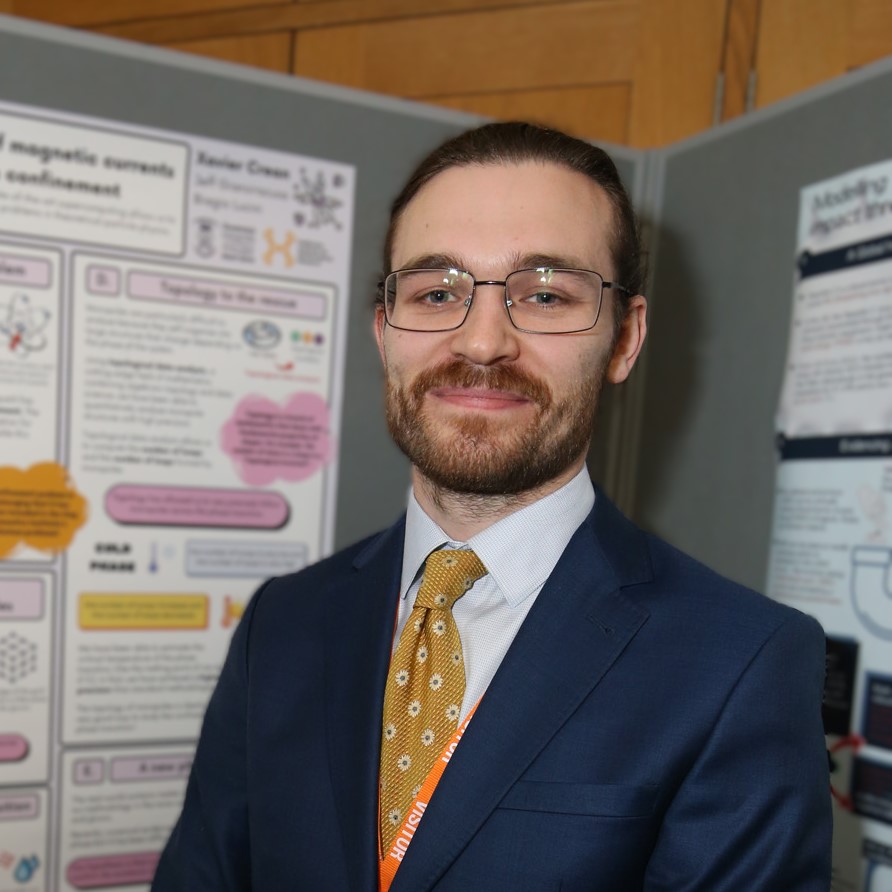
Xavier Crean
Swansea University
developing data-driven topological feature extraction methods to study deconfinement phase transitions in computational particle physics.
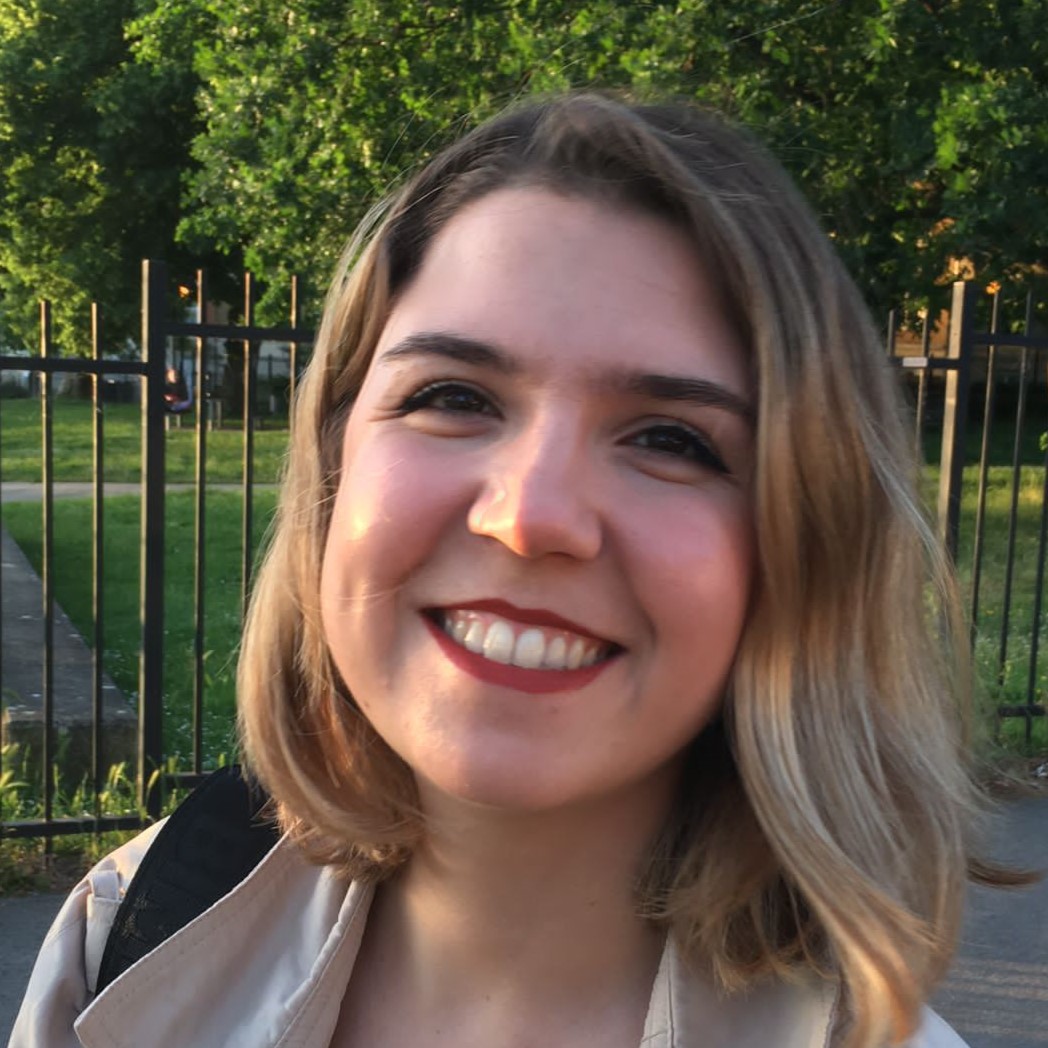
Inés Garcia-Redondo
Imperial College London
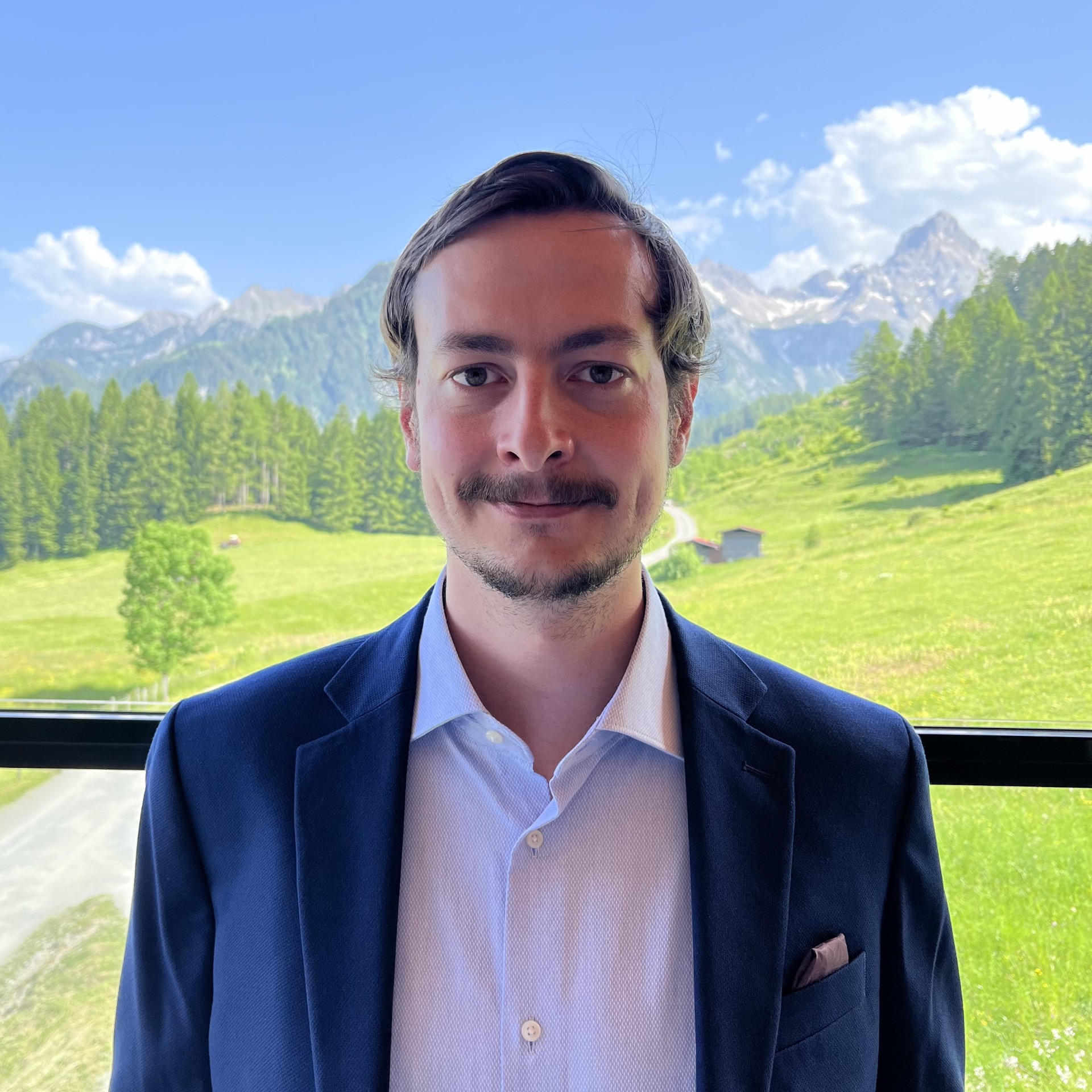
David Lanners
Durham University
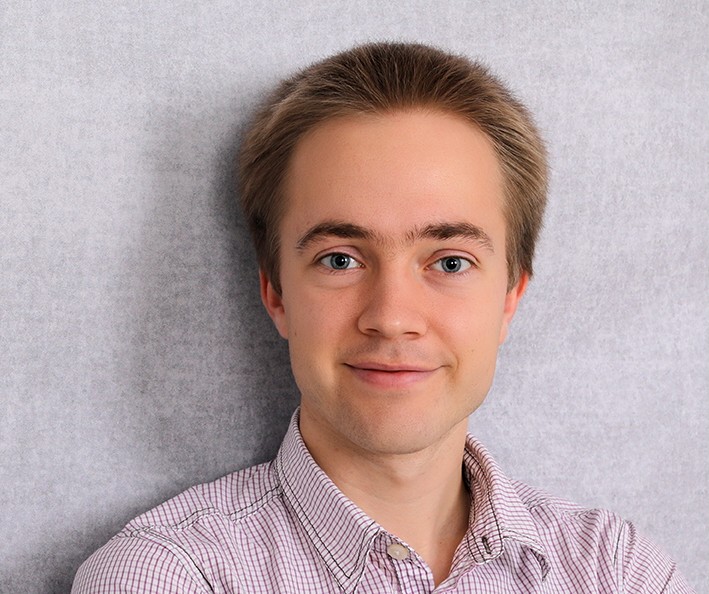
Arne Wolf
Imperial College London
